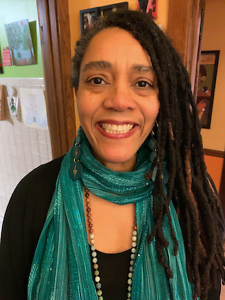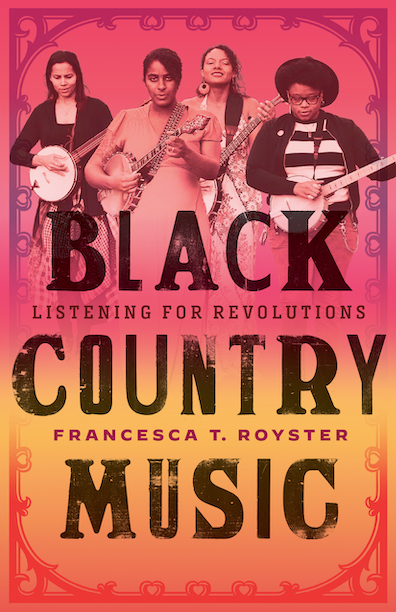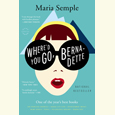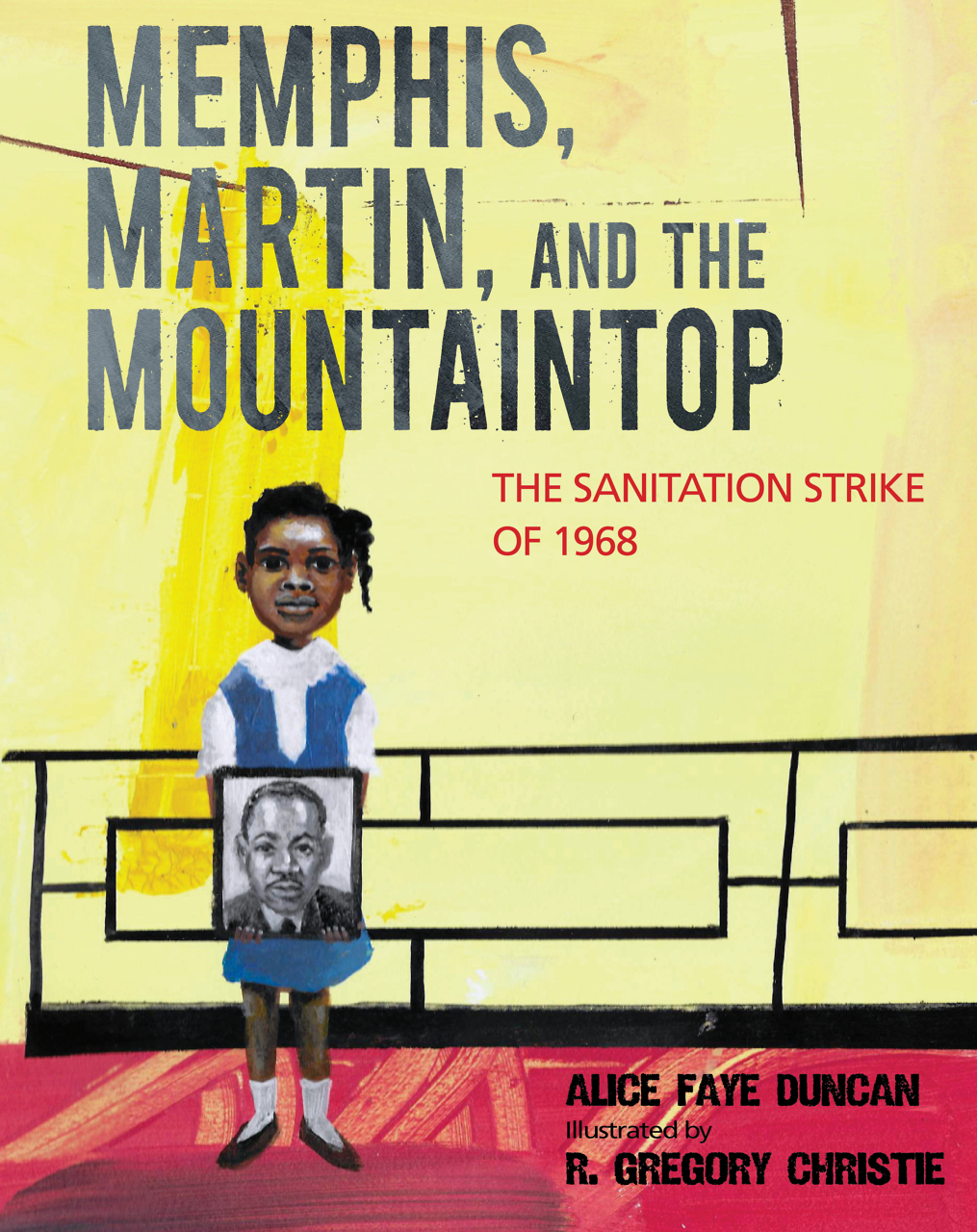Delicate Prose, Fearless Storytelling
Christine Schutt talks with Chapter 16 about her new novel, Prosperous Friends
In Prosperous Friends, her third novel, Christine Schutt surveys the marriage of Ned and Isabel, a youngish, talented, privileged, deeply unhappy pair. Isabel is burdened with an unshakeable malaise that seems to thwart any real engagement with life. Ned is burdened with Isabel, or at least he feels himself to be. These two struggle to find some way to survive as a couple—a process made no easier by the temptations and disruptions offered by their friends. Through a succession of exquisitely wrought scenes, Schutt lets readers feel the yearning sadness of a love that never quite happens.
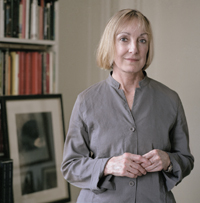 Schutt is often referred to as a “writer’s writer,” which in her case means one who crafts sentences of miraculous delicacy and precision. Her writing is spare but lyrical, and she can convey a great deal in a few short lines, as when she places Ned and Isabel in Rome: “At night the Piazza Navona twitched in gaseous light—they might have been in Las Vegas but for the sodden stalls of nativity scenes, carnival hawked: cheap.” For all its poetic refinement, Schutt’s style is never inaccessible, and she employs it to tell stories that delve into the raw, troubled parts of the psyche where our most destructive impulses reside. She approaches narrative obliquely, but her work shies away from nothing.
Schutt is often referred to as a “writer’s writer,” which in her case means one who crafts sentences of miraculous delicacy and precision. Her writing is spare but lyrical, and she can convey a great deal in a few short lines, as when she places Ned and Isabel in Rome: “At night the Piazza Navona twitched in gaseous light—they might have been in Las Vegas but for the sodden stalls of nativity scenes, carnival hawked: cheap.” For all its poetic refinement, Schutt’s style is never inaccessible, and she employs it to tell stories that delve into the raw, troubled parts of the psyche where our most destructive impulses reside. She approaches narrative obliquely, but her work shies away from nothing.
Schutt’s first novel, Florida, was a finalist for the National Book Award in 2004, and her second, All Souls, was a 2009 finalist for the Pulitzer Prize. She has also published two widely acclaimed collections of short stories, Nightwork and A Day, a Night, Another Day, Summer. She serves as senior editor for the literary annual NOON, and she’ll be among the faculty for this year’s Sewanee Writers’ Conference. Prior to her forthcoming public reading at Vanderbilt University in Nashville, she answered questions from Chapter 16 by email.
Chapter 16: One thing that’s striking about Ned and Isabel is that, although they’re rather gentle people, simple kindness seems to be terribly difficult for them. I’m thinking of the incidents with the dog and the mouse, for instance, as well as their behavior toward each other. Do you think of that as a symptom or a cause of their individual unhappiness?
Schutt: Isabel and Ned want to be kind to each other. “We have ideals of being very kind to everyone in the world. But then we are very unkind to our own husband….” This, from Lydia Davis’s story “Our Kindness,” was what I had in mind for Isabel and Ned, a not-so-uncommon, everyday faltering that comes with familiarity. The props of graduate school and country pulled out from under them, they yet must forge their identities as artists, and the anguish and uncertainty that ensues in this effort makes for unhappiness. A cure might be to care for and heal an animal. Isabel wants to do as much, and were it not for the unlikely survivors she adopts, the mouse and the dog, she might succeed. On the couple’s last night together in Maine, Isabel expresses real uncertainty about a future with Ned, “‘With you, I don’t know, I don’t know if I can, I have ambitions, you know, I. . .’ she faltered, ashamed, unable to say what she wanted to be….” So much of their behavior toward each other has to do with career-making.
Chapter 16: There were moments in Prosperous Friends when Isabel reminded me of Lily Bart in The House of Mirth: “[L]ife is difficult, and I am a very useless person.” Do you see Isabel as being, like Lily, a product of a certain cultural moment, or is there an existential melancholy that afflicts her?
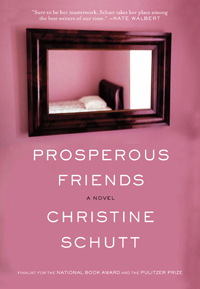 Schutt: How wonderful to know The House of Mirth so well as to fall on a quotation that is apt to feelings Isabel of Prosperous Friends might express—not that life is difficult so much as she is useless, ineffectual, fearful. From the beginning, she anxiously assesses herself as temperamentally ill-suited to know and embrace the world. She is predisposed to withdraw and withhold: she expects the worst. Isabel attaches herself to Ned Bourne—marries him—in hopes that a man who “walks into the world with his arms open” will cure her, will enable her to see more, feel more. All of this, on the first page of the first chapter, “Postdoc, London, 2002”: “Now there was Ned to take her to sacred places…. They stood on the threshold of the prior’s door…. ‘Feel,’ Ned said, and Isabel held out her hand.” She is on the threshold of a sexual and professional education, and school will prove difficult.
Schutt: How wonderful to know The House of Mirth so well as to fall on a quotation that is apt to feelings Isabel of Prosperous Friends might express—not that life is difficult so much as she is useless, ineffectual, fearful. From the beginning, she anxiously assesses herself as temperamentally ill-suited to know and embrace the world. She is predisposed to withdraw and withhold: she expects the worst. Isabel attaches herself to Ned Bourne—marries him—in hopes that a man who “walks into the world with his arms open” will cure her, will enable her to see more, feel more. All of this, on the first page of the first chapter, “Postdoc, London, 2002”: “Now there was Ned to take her to sacred places…. They stood on the threshold of the prior’s door…. ‘Feel,’ Ned said, and Isabel held out her hand.” She is on the threshold of a sexual and professional education, and school will prove difficult.
Isabel is inherently melancholy, a condition only worsened by her ambition to write. Now, as a recent graduate of an M.F.A. program, her sorrow is blended with horror at the possibility she is not the writer she had hoped to be and thought she was in moments at the table under the great Somebody-Somebody’s encouraging gaze. Isabel is a “product of a certain cultural moment” in that she is one of so many in the terrible limbo that follows graduate school and precedes a first book. Yet her plight applies to any young person who has thrived with encouragement of adults only to find herself unprepared for real life.
Chapter 16: Prosperous Friends is structured as a series of (mostly) small moments, but they add up to a powerful narrative, and there’s a wonderfully seamless quality to the storytelling. I felt as if I were floating through a dream of these people’s lives. Can you talk a little about the process of writing the book? Did you have a grand design for it going in?
Schutt: I had an image of an old man who crosses the road and cuts a young man down from where he has hanged himself in the basement. The bafflement for me was why a handsome young man with talent enough and comfort—a pretty wife—why would he leave this life? The book started mysteriously and changed over a very long time, years of work. When I gave up the idea of a suicide, the book grew more complex, and surprise—so necessary, I think, to moving forward in any enterprise—made for more life. I was kept interested.
No grand design. Design comes over time; the writer learns the text, sees direction in mirroring images. For example, instances of hospitality, its customs and expectations met and unmet, recur in the novel. When I became aware of this, I knew what else could be taken from the Bed and Breakfast setting of the prologue and epilogue. The book began to make sense.
Chapter 16: You use language so beautifully and deftly in your work, and you clearly have great respect for its power. I wonder, though, if you ever think of this tremendous gift for language as a mixed blessing to you as a writer. Do you sometimes find yourself burdened by the endless possibilities for a given line or passage?
Schutt: Writing is difficult. Fine to have fun arranging and rearranging words, but what is it I meant to say? Did I even know what I meant to say?
Chapter 16: How much has poetry influenced your fiction—not just in your prose style, but also in the way you dream up a narrative?
Schutt: Poetry is rejuvenating. I like the narrative leaps poets make. Elizabeth Bishop in “The Moose” moves forward in time but reduces the experience of the bus ride to essential scenes and those scenes are themselves whittled to affecting image: “On the left, a red light / swims through the dark: / a ship’s port lantern. / Two rubber boots show, / illuminated, solemn. / A dog gives one bark.” A sobering sound, some sadness: I have heard just such a bark on a cold night in the country.
Chapter 16: Your work is very immediate and emotionally powerful, but it’s never blunt. It’s subtle stuff that demands an engaged reader. As you write, how much do you think about what you’re asking of your audience?
Schutt: I thought about a reader encountering ort in the sentence: “She imagined his days, dragging in to dinner, sickened by the ort of breakfast floating in the sink and nothing made.” Ort is a scrap or morsel of food left at a meal, but it is not a common word and looks odd. A reader thinks a typo, but I used the word anyway. It is ugly to look at and sounds like the gunk floating in the frying pan from this morning’s breakfast; I knew it was a risk, knew it would frustrate a reader, but I was helplessly delighted. Everything about the word was right for my purposes. Hungry, come home late in hopes of dinner, the husband looks into a sink and finds . . . I’ve said. . .it sickens. So ort.
Am I asking a lot of my audience? Am I asking more than Faulkner or Woolf?
Chapter 16: What books are you looking forward to reading this year?
Schutt: What books? A shout out to two January releases I intend on reading straight away: Leaving the Sea, stories, by Ben Marcus; Flyover Lives, memoir, by Diane Johnson. I’m also looking forward to Lorrie Moore’s book of stories, Bark, due in February. I am teaching a course on Southern Gothic writers at Columbia this term, so I will be reading wild, wonderful writers for style as much as content. Flannery O’Connor, Cormac McCarthy, Barry Hannah, Jayne-Anne Phillips, William Faulkner, Dorothy Allison, and others. I want to try Penelope Fitzgerald again, and I want to read Louise Glick and Frank Bidart.
Christine Schutt will discuss Prosperous Friends at Vanderbilt University in Nashville on January 23, 2014, at 7 p.m. in Buttrick Hall Room 102. The event is free and open to the public.
